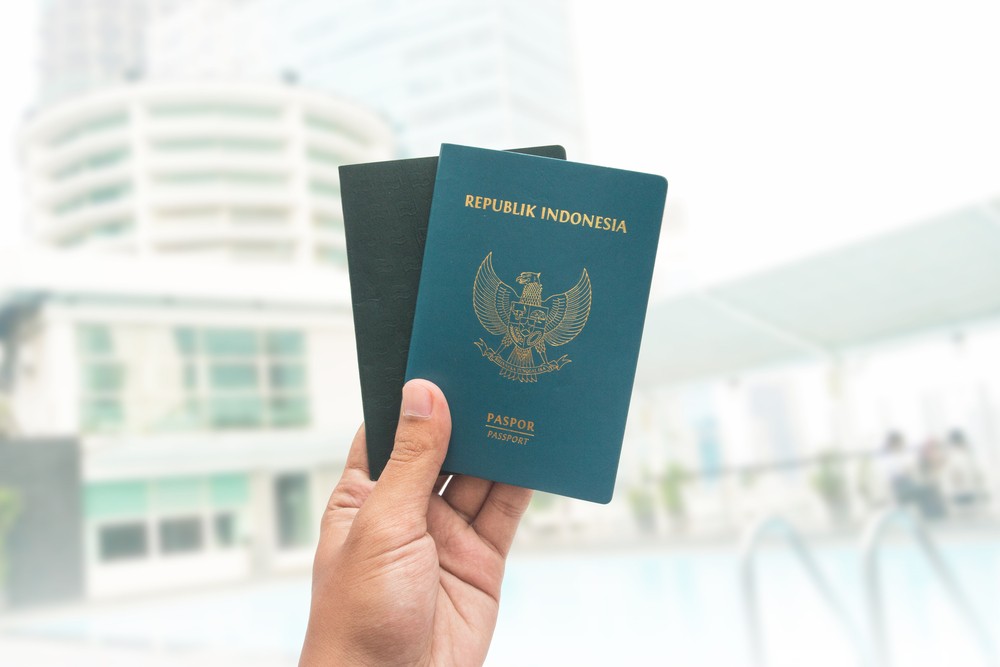Indonesia has officially introduced the Global Citizenship of Indonesia (GCI) policy, a landmark initiative designed to address long-standing dual citizenship challenges.
According to HukumOnline, Minister of Immigration and Corrections (Imipas) Agus Andrianto announced that GCI grants foreign nationals with strong ties to Indonesia the right to obtain permanent residency without time limits, without requiring them to relinquish their current citizenship.
Agus emphasized that the policy reflects Indonesia’s commitment to adapting to global mobility trends while ensuring legal certainty for diaspora communities and individuals with historical or biological connections to the country.
“GCI is a solution that resolves the dual citizenship polemic by granting extensive residency rights to foreigners with deep ties to Indonesia without changing their foreign citizenship status,” he said on Thursday (November 20, 2025).
Under the GCI scheme, eligible foreign nationals may receive long-term residency if they can demonstrate connections through lineage, family relations, or historical ties. This allows them to maintain their original nationality while remaining aligned with Indonesia’s single citizenship principle.
Agus noted that similar frameworks exist in other countries, including India’s Overseas Citizenship of India (OCI) program. He also highlighted that the reform shows Indonesia’s ability to modernize immigration policies “without compromising legal sovereignty.”
Who Qualifies for the Global Citizenship of Indonesia?
The government outlined several categories of individuals eligible for GCI, including:
– Former Indonesian citizens (ex-WNI)
– Second-generation descendants of former Indonesian citizens
– Legal spouses of Indonesian citizens or former Indonesian citizens
– Children born from a legally recognized marriage between an Indonesian citizen and a foreign national
However, the policy includes strict exclusions. GCI cannot be granted to foreign nationals from countries that were historically part of Indonesia’s territory, individuals involved in separatist activities, or those with backgrounds in foreign civil service, intelligence, or military institutions.
Applications for GCI can be submitted online through evisa.imigrasi.go.id.
Rules for Dual Nationality Children
The Directorate General of Immigration also issued reminders regarding passport validity for children holding dual nationality. Achmad Nur Saleh, Coordinator of Public Communication, explained that minors’ passports must not exceed the timeframe allowed for choosing their nationality.
Indonesia’s Citizenship Law (Law No. 12/2006) requires dual-nationality children to choose their citizenship upon turning 18 years old or after marriage, with a three-year grace period. Those who have reached 18 but have not chosen citizenship may only receive passports with restricted validity, often three years instead of the standard five or ten.
Parents are also required to register their child’s limited dual citizenship status before age 18 by submitting documents such as ID cards, family cards, birth certificates, marriage certificates, and residency permits if one parent is a foreign national.
Achmad urged parents and dual-nationality youths to be proactive. Timely citizenship selection, he stressed, is essential to avoid administrative limitations.
Source: hukumonline.com
Photo Credit: Shutterstock


